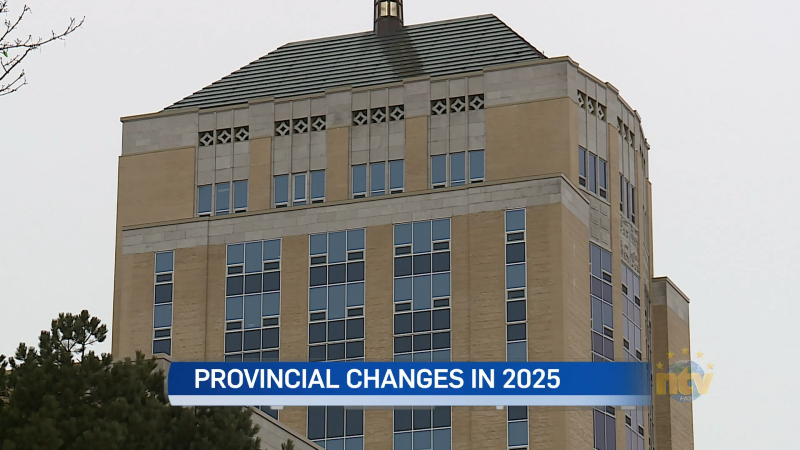
Following the announcement by WorkplaceNL that employers will continue to receive a discount on assessment rates for 2025, the Newfoundland and Labrador Federation of Labour is calling on the provincial government to increase the Income Replacement Rate (IRR) for workers.
The average assessment rate paid by employers in Newfoundland and Labrador will remain at $1.73 per $100 of assessment earnings for 2025, which includes a $0.21 discount.
“While employers will see a seventh year of discounts on assessment rates, workers who experience injury or illness, who are struggling under high costs of living, have not seen an increase to the income replacement rate since 2018,” said Jessica McCormick, President of the Newfoundland and Labrador Federation of Labour.
In 1993, the Income Replacement Rate for workers was reduced from 90% of net earnings to 75%. Since then, the IRR has seen gradual increases, rising to 80% in 1998 and 85% in 2018. In 2019, a Statutory Review of Workers’ Compensation recommended to the provincial government that the IRR be increased to 90% commencing in January 2022 and that no further rebates or discounts be provided to employers subsequent to 2021 until such time as an IRR of 90% is achieved. The provincial government has taken no action to increase the IRR since the recommendation was made.
The Workers’ Compensation system is designed to operate on a no-fault basis, ensuring workers receive compensation for workplace injuries or illnesses without the burden of legal fees or lengthy court battles. In exchange for this system, workers gave up the right to sue their employer for injuries or illnesses. This historic compromise was established to protect workers’ rights, and injured workers must receive the benefits they are entitled to in their claims.
“Despite this positive outlook, and counter to Statutory Review recommendations, the income replacement rate for workers remains stagnant,” continued McCormick. “Increases to the Income Replacement Rate are long overdue. It is time for the provincial government to address this key recommendation and stop denying injured workers the dignity and economic security they deserve.”







